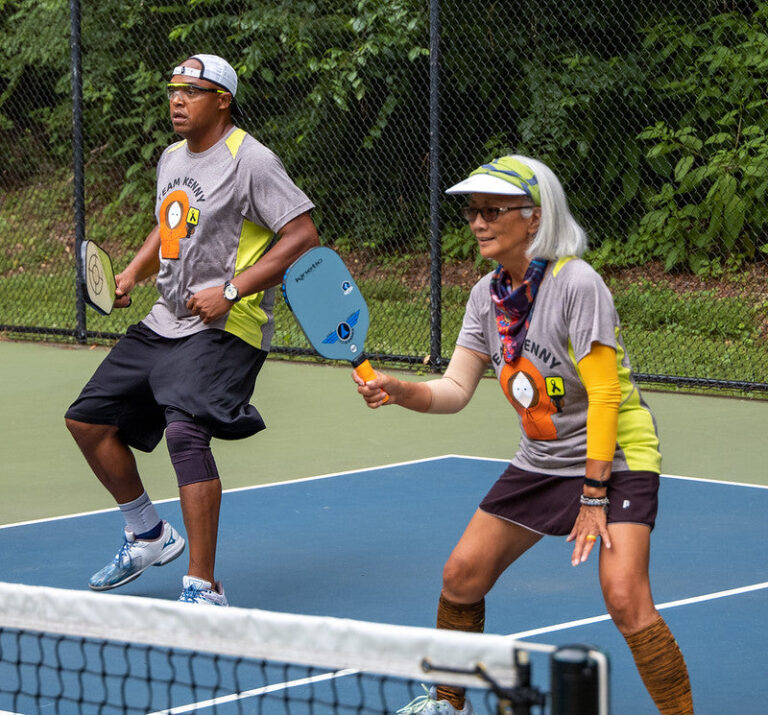Cultural areas offer a diverse range of sports to participate in. From traditional games to modern sports, there are plenty of options available.

Credit: www.facebook.com
2. Sports Reflecting Cultural Heritage
Traditional sports play a significant role in showcasing the cultural heritage of different societies. These sports have been passed down through generations, reflecting the values, customs, and traditions of a specific culture. In Japan, for example, Sumo wrestling is considered a traditional sport that encompasses discipline, respect, and spiritual connection. The Maasai people of East Africa have their unique warrior jumping events, known as the “Adumu,” which represents bravery and strength. Similarly, Gulpanra, a traditional sport in Afghanistan, demonstrates the importance of teamwork and coordination. Each culture’s traditional sports hold deep cultural significance and offer a glimpse into the history and identity of the community.
Traditional sports are not just mere physical activities but hold immense cultural significance. They serve as a means to preserve and promote cultural values, foster social cohesion, and create a sense of belonging among community members. By participating in traditional sports, individuals gain a deeper understanding of their cultural heritage and develop a sense of pride and identity. These sports often serve as a platform for cultural exchange, bringing people together from different backgrounds and fostering mutual respect and understanding. Embracing traditional sports helps to celebrate diversity and maintain cultural legacies for future generations to appreciate and learn from.

Credit: www.amazon.ae
3. Emerging Sports In Cultural Areas
In cultural areas, there are a variety of emerging sports that have gained popularity in recent years. These unique sports have origins in different cultural traditions and offer a fresh and exciting alternative to more traditional sports. From the thrill of Kabaddi in South Asia to the precision of Sepak Takraw in Southeast Asia, these sports showcase the diversity and beauty of different cultures. One of the reasons for the growing popularity of these emerging sports is their ability to offer a new experience to both players and spectators. The novelty factor, combined with the cultural significance, attracts people to try out these sports and learn more about the cultures they stem from. Additionally, the rise of social media has played a significant role in spreading awareness and generating interest in these sports. As more and more people discover the appeal of these cultural sports, their popularity continues to grow, enriching the sporting landscape in cultural areas.

Credit: www.facebook.com
Frequently Asked Questions For Sports To Play In A Cultural Area
What Are Some Popular Sports To Play In A Cultural Area?
In a cultural area, you can engage in traditional sports that reflect the local heritage, like kabaddi in India or sumo wrestling in Japan. Additionally, you can participate in more universally loved sports, such as soccer or basketball, which promote cultural exchange and unity.
How Can Sports Promote Cultural Understanding?
Sports serve as a universal language that transcends cultural barriers. By participating in sports from different cultures, you gain a deeper understanding and appreciation for diverse customs, traditions, and values. Through shared passion and teamwork, sports foster respect, empathy, and cultural harmony.
Are There Any Cultural Sports Festivals I Can Attend?
Absolutely! Many cultural areas organize sports festivals that showcase their unique athletic traditions and celebrate their cultural heritage. These festivals offer a fantastic opportunity to witness exciting competitions, learn about different cultures, and immerse yourself in the vibrant atmosphere of a cultural gathering.
Can Family Event Sports Also Reflect Cultural Diversity?
Family event sports can beautifully showcase cultural diversity by incorporating traditions, games, and activities from different backgrounds. Hosting such events allows everyone to share their heritage through participation and celebration. Embracing diverse family sports ideas, like cricket, soccer, or traditional relay races, encourages inclusion, understanding, and a sense of unity among participants.
Conclusion
In a culturally diverse area, engaging in sports can be a great way to connect with others and immerse yourself in the local traditions. By participating in sports activities that are popular within the community, you can gain a deeper understanding of their culture while staying physically active.
Whether it’s joining a soccer match, taking up martial arts, or learning traditional dances, sports provide a unique opportunity to experience the vibrant cultural atmosphere firsthand. So lace up your sneakers and get ready to embrace the diversity around you through the universal language of sports.






